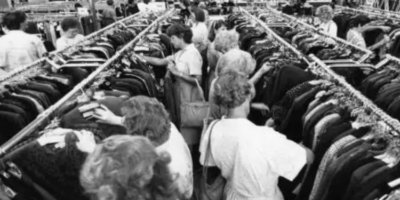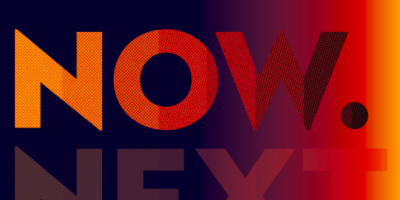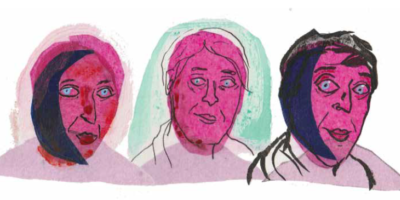
Instead of Punishment
I’m sitting in a classroom of a small alternative high school in Washington, D.C., in a circle with two students who’d gotten into a physical fight and their families. We’re seated around our talking piece, in this case, a hippo paperweight that belonged to my grandfather who passed away when I was in elementary school. The talking piece regulates conversation: whoever holds it has the chance to say whatever is in their heart and on their mind – and everyone else has the chance to listen deeply. Though I’ve notified everyone beforehand that this conversation will likely be different from what they’re used to (using a talking piece, for instance) their skepticism of this New Age-y, touchy-feely process is palpable. Still, we proceed.
The mood is tentative at first. Responses are short and surface-level. People are glancing at their watches, wondering when they’ll be done and can get back to their lives. And then, something shifts. A dean who’s in the circle with us, an African American male like the two high school students, shares how hard it was for him as a young person, and a young Black man specifically, to stay safe and on track in school and beyond. One of the students’ mothers then tells us how terrified she is every day that her son will leave the house and not come home that night. She starts crying, imploring her son to stop fighting, to be more careful, to protect himself.
Her son then speaks softly about the challenges of getting through each day, the danger of crossing town to get to school, Black and wearing a hoodie. The circle continues with more sharing and then creating an agreement about how everyone present can help repair the harm done and prevent further harm from happening. By the end, the family members say they need circles for them, not just for the students.
Circles are an extremely old way of doing things, deriving from practices and wisdom of indigenous communities around the world. They are often an alternative to punitive systems and approaches: suspensions and expulsions, the criminal legal system, prisons. More and more people are acknowledging the harm perpetrated by those systems, the profound lack of transformation they bring, and how they uphold racist and oppressive structures.
LIZ LONDON, “An Approach to Solving Conflict that’s Feminist and Fair,” The Lilith Blog.





